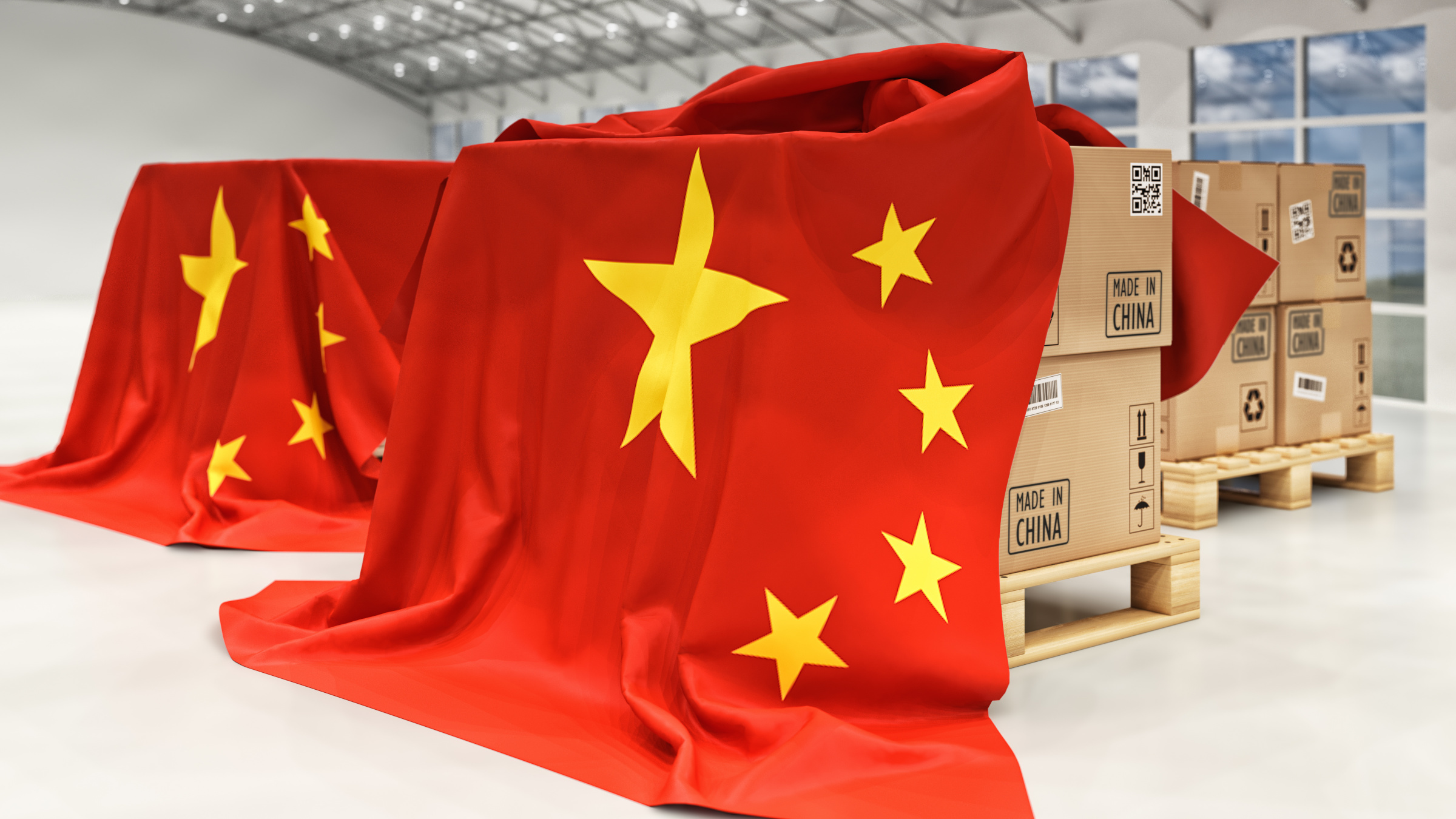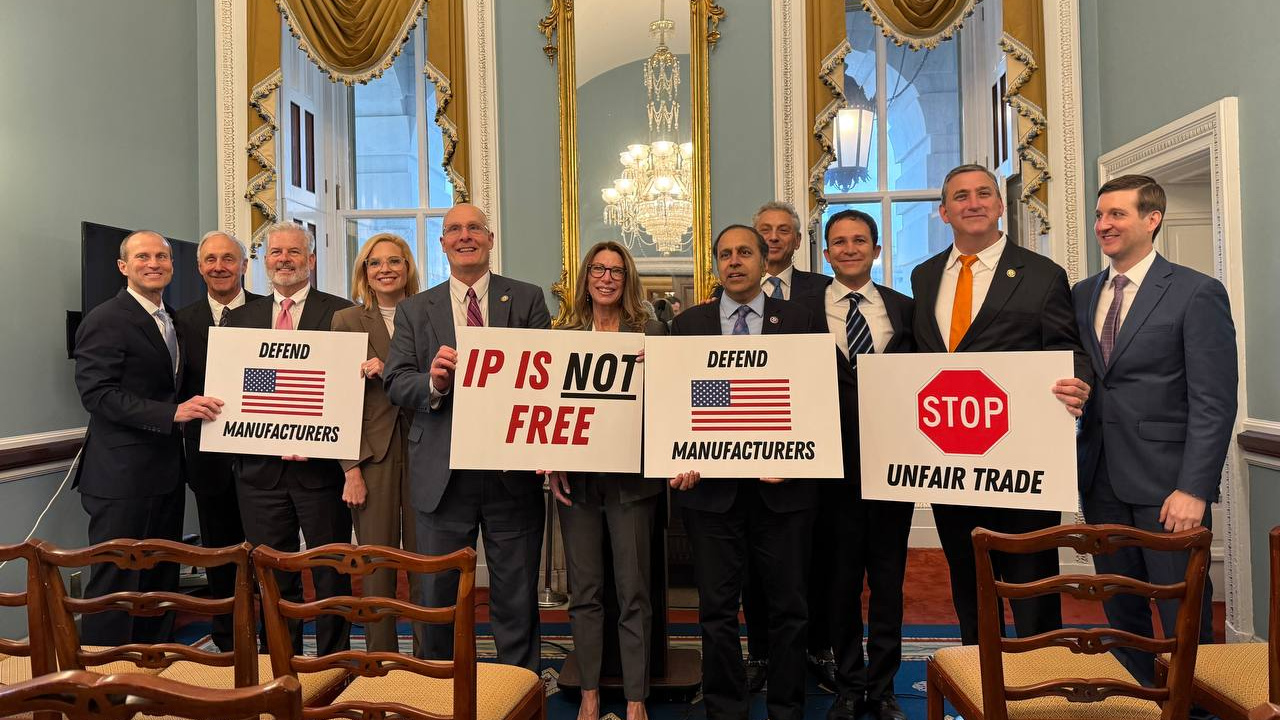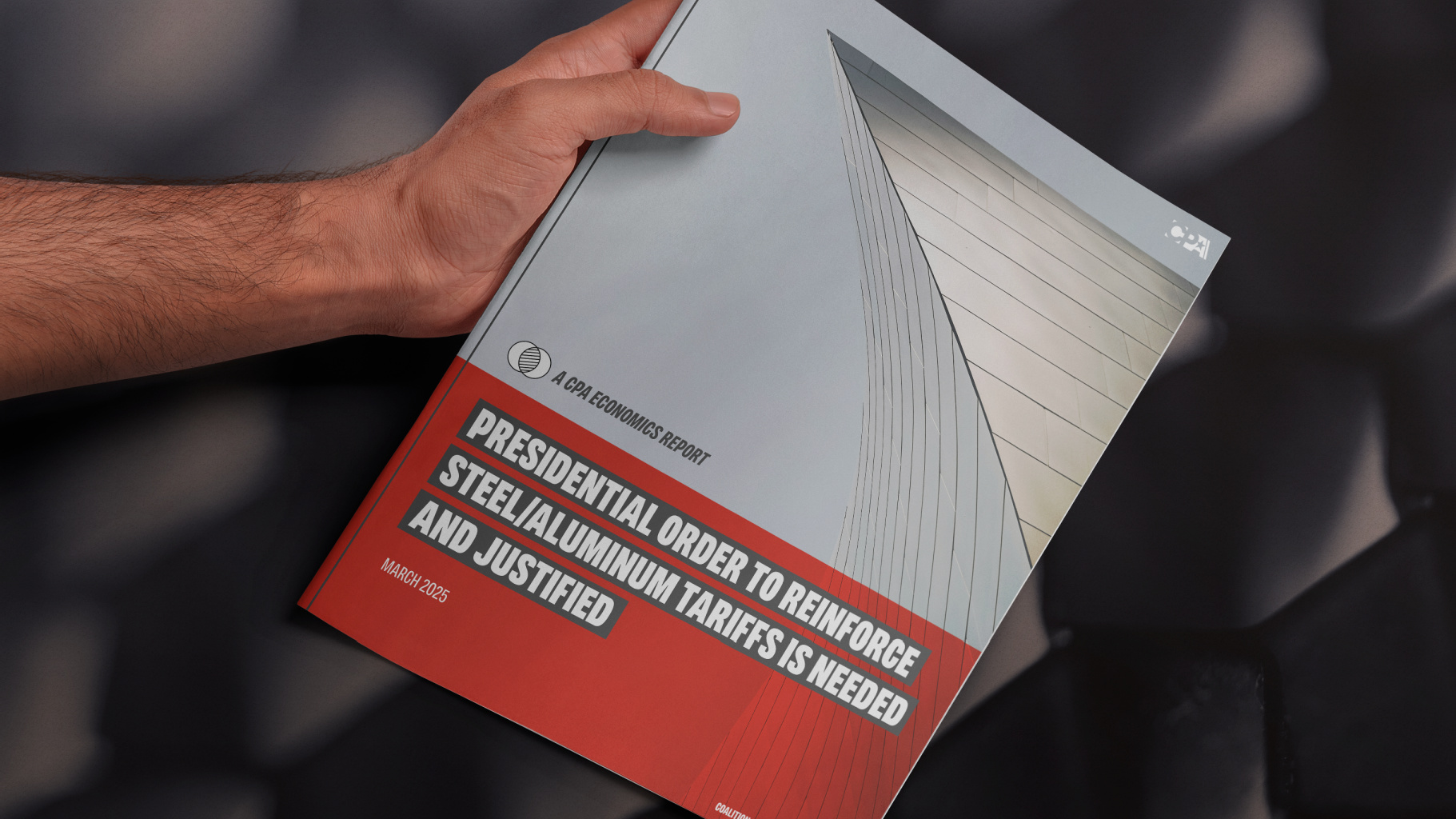
An editorial by Pat Choate, a CPA supporter and author of “Saving Capitalism: Keeping America Strong”.
President Obama is escalating his personal attacks on Senator Elizabeth Warren (D-MA) because of her opposition to the Trans Pacific Partnership (TPP). On Saturday May 9, 2016, he not only asserted in an interview with Yahoo that her opposition was “absolutely wrong” on the facts, but he also went out of his way to discredit her by saying, “The truth of the matter is that Elizabeth is, you know, a politician like everybody else.”
[Pat Choate | May 12, 2015]
Yet, Senator Warren is not allowed to respond in detail to the attacks on her factual positions because the President has classified the TPP text as Secret.
Fortunately, we know many of the TPP’s bad features from the leaks coming from other nations that do have copies. Here are 10:
- TPP will be a “living agreement”, as the President announced in 2011. https://ustr.gov/tpp/outlines-of-TPP# Once ratified, the President and other heads of state can substantively change the TPP without Congressional approval. This puts into the President’s hands the power to regulate foreign commerce, a power that the Constitution specifically allocates to Congress. The big question is why GOP Congressional leaders are giving the President their powers.
- TPP was negotiated under the rules of the Vienna Convention on the Laws of Treaties. Other nations consider the TPP a treaty. The U.S. will honor the TPP as a treaty. Yet, President Obama is unable to get enough Senate votes to ratify TPP as a treaty. Instead, he is submitting the TPP to Congress as an “Executive Agreement.” But even under the congressional rules of Regular Order, the President still lacks the votes needed for ratification of the TPP. So, he is asking Congress to adopt enfeebled ratification rules that are know as “Fast Track” or Trade Promotion Authority (TPA). Under TPA, Congress cannot amend the agreement and debate is tightly limited. Senate filibusters are prohibited.
- Any domestic U.S. laws changed or enacted to implement TPP cannot be reversed in the future without the permission of all the other 11 signatory nations because TPP has the force of a treaty.
- TPP creates another new international judicial system in which transnational corporations can sue any of the 12 participating countries for loss of profits created by domestic laws and regulations that they claim do not comply with the agreement. http://www.citizen.org/investorcases
- The TPP judicial panelists will not require Senate confirmation and will not be subject to verifiable conflict of interest requirements. Yet, the decisions of these panels can impose enormous fines on the U.S., will be final and cannot be reviewed or set aside within the U.S. judicial system.
- Congress agrees by ratifying the TPP to appropriate funds to pay any fines levied against the U.S. in any case that it loses before one of these panels or change U.S. laws.
- U.S. food safety and inspection laws will be lowered to the international standards adopted by the 12 heads of state in charge of TPP.
- The TPP does not address currency manipulation, which is a major protectionist tool long used by Japan and the other TPP nations.
- The Fast Track authority under which the TPP will be considered will exist for 6 years, enabling the next President’s to negotiate similar agreements with other nations and submit them for ratification under these faded rules.
- Buy America laws are outlawed in TPP.
The President has repeatedly noted that one of the objectives of the TPP is to bind the other 11 nations closer to U.S. foreign and defense policies vis-à-vis China. Inevitably, use of trade to gain foreign and defense policy objectives involves sacrificing U.S. domestic interests. That is how the U.S. has lost the consumer electronics, machine tool, textile and apparel industries, among dozens of others, in prior trade negotiations. http://www.manufacturingnews.com/news/08/0915/dangerousbusiness.html What we don’t know are the details of which industry or industries will be sacrificed as a trading chip for TPP.
What we do know, however, is that over the past two decades after the ratification of NAFTA, CAFTA and China’s accession to the World Trade Organization, the U.S. trade deficit increased each time. http://www.wsj.com/articles/how-a-u-s-textile-maker-came-to-embrace-free-trade-1430793654 As I documented in my book Dangerous Business (Alfred Knopf Publisher, 2008), the U.S. quickly lost one-third of its industrial base and more than 6 million good paying manufacturing jobs after these trade agreements took effect. TPP is modeled on those pacts.
Given the spectacular failure of those prior agreements, Senator Warren’s skepticism seems warranted and the President’s attacks on her and the other critics of the TPP seem to be bullying.
Congress must demand that the President release the text of the TPP before it agrees to weaken its rules of ratification. Simply put, Congress needs to tell the President that it will not vote first to weaken its rules of ratification and learn later the TPP details as it did with the Affordable Care Act in 2010.












